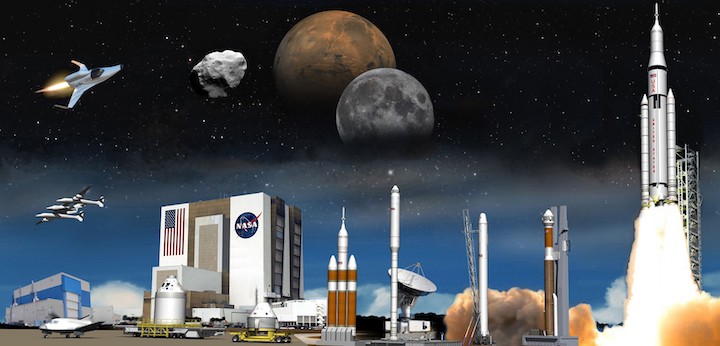So 2020 is behind us but we do have some distance to travel down the tunnel before we see the light. I reckon March should do it. Until then why not join me on a weekly Zoom session about the latest (a) developments in space and (b) scientific contributions from people in history.
I will be running online sessions via Zoom starting next week. They are organised by the Workers’ Educational Association and are free or £57.60 depending on your personal status for each of the two 9-week “courses” (as the WEA calls them). Both are online via Zoom. I usually run them as Zoom meetings with lots of discussion and interaction rather than as a webinar.

C3844979 – Explorers of the Cosmos
9:30 to 11:30 on Wednesdays from 20/01/2021 to 17/03/2021
Our modern understanding of the universe is the end product of centuries of scientific discoveries by many individuals around the world. Whilst most have been forgotten in history, some stand out like shining stars. What was their profound scientific contribution? Why were they able to make breakthrough when they did?
- Nicolaus Copernicus (1473–1543)
- Galileo Galilei (1564–1642)
- Isaac Newton (1643–1727)
- Henrietta Swann Leavitt (1868–1921)
- Albert Einstein (1879-1955)
- Edwin Hubble (1899–1953)
- Subrahmanyan Chandrasekhar (1910-1995)
- Stephen Hawking (1942-2018)
- Jocelyn Bell (1943 – )
C3845094 Astronomy -The New Space Age

17:00 to 19:00 on Thursdays from 21/01/2021 to 28/03/2021
What value does space technology and exploration have for us as individuals, communities and countries? The series of talks has been developed and enlarged from the first successful run in 2020. Topics include:
- From the Space Race to the New Space Age. How has human space exploration evolved since the launch of Sputnik in 1957?
- Services from space. All those satellites in space, what impact do they have on the quality of lives of people on Earth?
- The Private Space sector. It has been emerging for many years. Has it finally arrived?
- Managing the Space Environment. Can the international community apply the lessons of climate change on Earth to the space environment around Earth and beyond?
- Rocket Science. A summary of rocket propulsion. How it all started and how it’s done now.
- Militarisation of space. Humans on Earth have always fought on land, sea and air. Is war in space inevitable?
- Humans in Space. In this decade, will humans walk on the Moon again? Will this decade finally deliver the promise of space tourism?
- Exploration of the Solar System. Spacecraft have now visited all the 8 planets of the solar system, along with comets and asteroids. What have we learnt?
- The Search for Life. It’s been going on for more than half a century. How is it going?
Leave a Reply